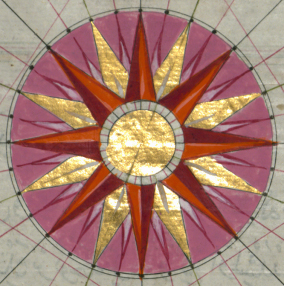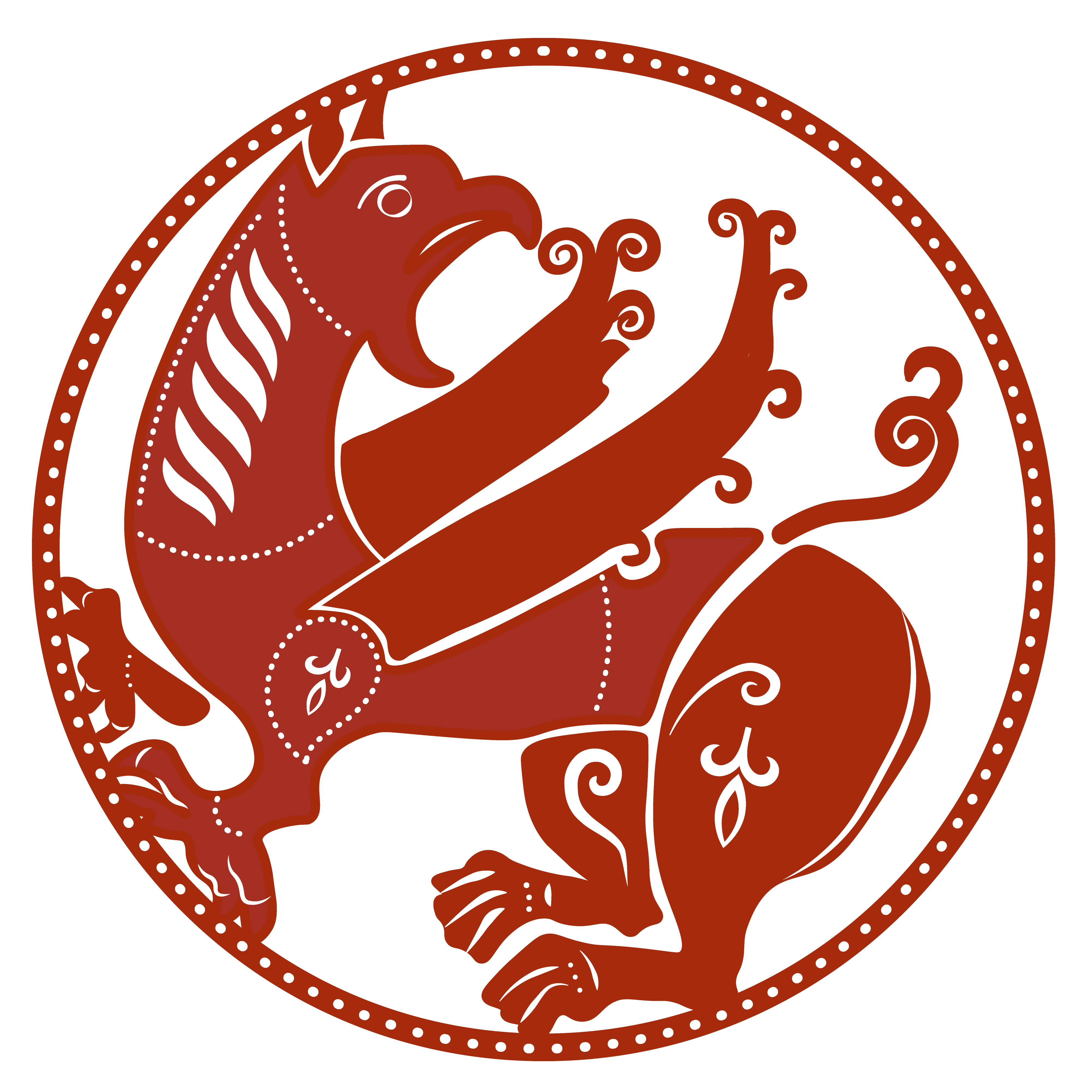Why we study the medieval and early modern worlds
“The past is present,
isn’t it?
It’s the future, too.”

Eugene O’Neill
Heritage is a booming business these days, and it’s no surprise why.
Nations, religious organizations, and cultural communities all look to the past to shape their identities. For many of them, the medieval past is a primordial moment. Why? Because it was during the Middle Ages that vernacular languages like French, English, German, Arabic, and Persian developed into vehicles for composing literature, histories, legal codes, and religious texts. It was also during this period that all of the major world religions developed. Monuments that have come to stand in for cultures–like
Notre Dame, the Dome of the Rock, and the Leshan Buddha–were built before the year 1200.
For many, such touchstones are a source of pride that help citizens, devotees, and community members define their values. Yet they can also become sites of conflicting histories, contested national borders, and tools of exclusion. A broad knowledge of the past helps us both understand contemporary problems and imagine new futures.
“The past is a foreign country;
they do things differently there.”

L.P. Hartley
We often gravitate towards study of the familiar, reasoning that it’s easier and will bring us success. This is a fallacy.
Grappling with the challenges of learning new languages, worldviews, and histories change your brain for the better. For instance, language learners have improved skills in concentration, a stronger memory, better communication skills, and greater creativity. Because of this, the benefits of studying another language contribute to overall academic performance. Likewise, investigating different histories and cultures help us navigate
complex problems, making us into flexible and sophisticated thinkers. These benefits come from working on material that is initially difficult because it’s unfamiliar–because “they do things differently there.”
Just as important, learning about the “foreign” terrains of the past help us make sense of the present, develop empathy towards others, and see how phenomena that seem timeless have very specific origins in the modern period.
“The past is always tense,
the future perfect.”

Zadie Smith
According to popular belief, the medieval and early modern periods were marked by conflict, illness, and widespread ignorance.
It is only in the modern era, the thinking goes, that we attained scientific knowledge, advanced medicine, and social progress. Yet it was during the medieval and early modern periods that individuals invented the numeral zero, paper money, and microscopes. The period also witnessed the development of global ties, experiments in shared
governance, and the rise of universities. Conversely, modern “progress” has brought unprecedented ecological devastation, social inequality, and weapons of mass destruction. By clinging to the myth that the modern world is always better, we both misunderstand the past and fail to interrogate the problems of the present.
